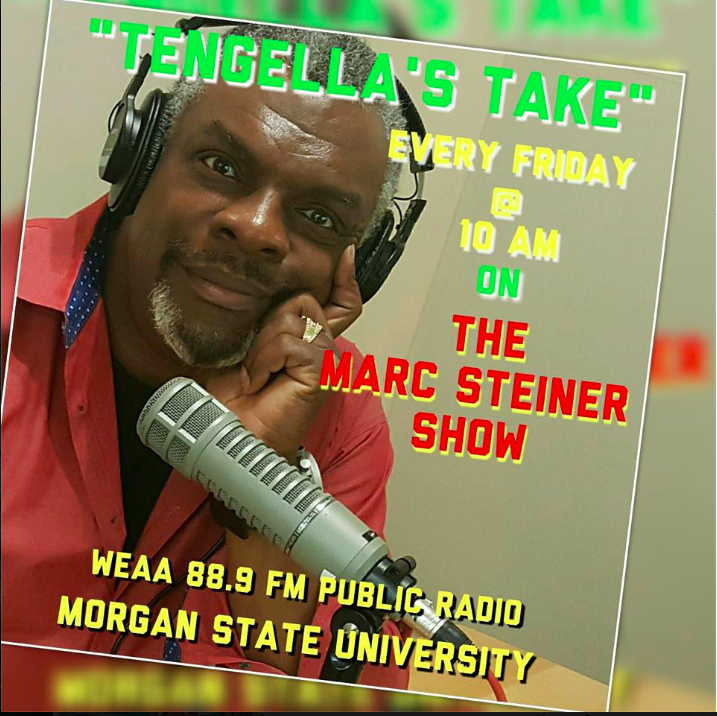School Violence
Any of you who saw the tape of a student beating art teacher Jolita Berry were rightly horrified. Any of you who work in our schools understands what led to this and knows that disrespect for teachers and the threat of violence felt by students and teachers is a common occurrence in our schools.
It cannot be tolerated.
First, the school administration must stand by its teachers. Students who physically attack and assault teachers must be arrested. There has to be zero tolerance for those who perpetrate violence against their peers and their teachers. It cannot be tolerated. You cannot teach or learn in atmospheres of violence.
That is short term. That is a necessary immediate response. Long term, it takes an administrative and pedagogic strategy to end violence and disruption in our schools.
Does it make any sense to suspend students back to the street corner? Does it make sense to kick them out of school into the hands of communities and families that bred and feed that behavior in the first place? I don’t think so.
About fifteen years ago, Lombard Middle School had a very successful in-school suspension program. I am not sure, beyond funding issues, why that program was dismantled. It must be resurrected throughout every school in the city.
Suspended students should be required to come to school attending special classes taught by volunteer staff members, counselors and social workers and ex-felons from the community. It might require special partnerships with local schools of social work, universities and our medical community. It would mean changing the rules to allow trained ex-offenders and community members to work with our most troubled young people.
The goal would be to successfully reintegrate these children into the mainstream student body.
I think Dr. Andres Alonso is right to call on 500 volunteers from the community to enter our most troubled schools. It will be an incredibly powerful message and a step in the right direction.
Long term policy needs to complement that to address the problem of violence and disruption in our schools. If not teachers may walk out. The best students and teachers will leave the system.
We can make it work.
Development
This is just a modest proposal as a reflection on the closing the legislative session in Annapolis. I have been thinking about how you create equity in our state and protect our land, environment and the Chesapeake Bay that we all love so much.
Let me offer some thoughts that would be a terrifying anathema to most people in the legislature and maybe a portion of our citizenry, as well.
Many of us worry about the increased development of our open spaces, the removal of the poor for housing for the wealthy, and the nature of much of that development. What can you really do about it?
A man who I have known for 25 years, former state senator Gerald Winegrad, who was the original environmental warrior in the state legislature, suggested that all planning and zoning be taken away from local jurisdictions and given to the state Board of Public Works. He says it is the only way to control development, save our forests and manage our agricultural lands. When he said this on my show last year, I really had to stop and think about the consequences of this proposal. I understand the frustration at watching our natural environment be devastated and our waterways becoming polluted beyond repair that led to this radical proposal.
The loss of local control is anathema to Americans. Local control is a philosophical and pragmatic sentiment since the Declaration of Independence. As unwieldy as it might be, it really is the core of the American spirit.
So, in that spirit and pondering the proposal of that great patriot (he is a Navy JAG officer Lt. Commander I think) and environmentalist, Gerald Winegrad, let me offer an alternative.
If Maryland had one state wide property tax we could numb the power of developers in our local jurisdictions. Counties and Baltimore City’s zoning and planning agencies are susceptible to the power of developers. Development means property tax dollars in local coffers. County and Baltimore City roads, schools and social service agencies are only as strong and funded as property tax revenues allow. If there was a statewide property tax divided evenly between our jurisdictions then they could plan without pressure from outside development and capital power. Then we could have local control that makes decisions that benefit the environment and citizens of localities. It would create real local power.
If at the same time we equalized state funding for education it would add to local power and control. If the state spent the same per pupil statewide each jurisdiction would be free to add as much as they want to their schools beyond that state number. Counties and Baltimore City could be managed by elected boards, elected/appointed boards, appointed boards or no board at all. They could create their own pedagogical policies.
Are we not one nation, are we not one state, and are we not one people? Why should the vagaries of poverty or wealth of one jurisdiction over the other determine the well being and future of us all!
It seems to me that these ideas are the marriage of the best social democratic principles with our age old traditions of local control.
Your thoughts?
-Marc


